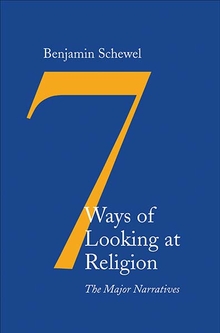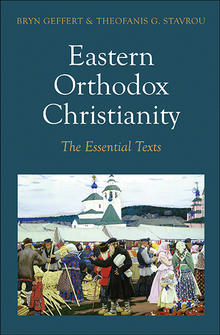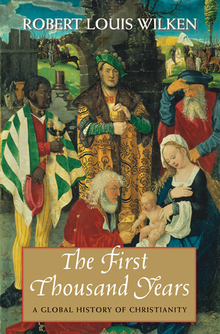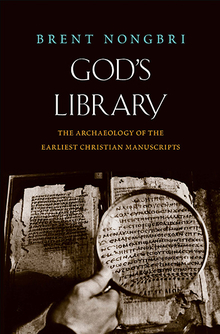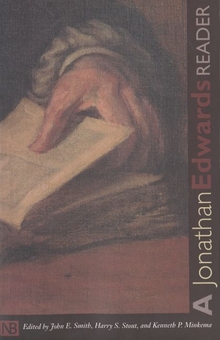Seven Ways of Looking at Religion
WARNING
You are viewing an older version of the Yalebooks website. Please visit out new website with more updated information and a better user experience: https://www.yalebooks.com
The Major Narratives
Benjamin Schewel
An ambitious young scholar’s lucid analysis of religion’s shifting place in the modern world
Western intellectuals have long theorized that religion would undergo a process of marginalization and decline as the forces of modernity advanced. Yet recent events have disrupted this seductively straightforward story. As a result, while it is clear that religion has somehow evolved from its tribal beginnings up through modernity and into the current global age, there is no consensus about what kind of narrative of religious change we should alternatively tell. Seeking clarity, Benjamin Schewel organizes and evaluates the prevalent narratives of religious history that scholars have deployed over the past century and are advancing today. He argues that contemporary scholarly discourse on religion can be categorized according to seven central narratives: subtraction, renewal, transsecular, postnaturalist, construct, perennial, and developmental. Examining the basic logic, insights, and limitations of each of these narratives, Schewel ranges from Martin Heidegger to Muhammad Iqbal, from Daniel Dennett to Charles Taylor, to offer an incisive, broad, and original perspective on religion in the modern world.
Western intellectuals have long theorized that religion would undergo a process of marginalization and decline as the forces of modernity advanced. Yet recent events have disrupted this seductively straightforward story. As a result, while it is clear that religion has somehow evolved from its tribal beginnings up through modernity and into the current global age, there is no consensus about what kind of narrative of religious change we should alternatively tell. Seeking clarity, Benjamin Schewel organizes and evaluates the prevalent narratives of religious history that scholars have deployed over the past century and are advancing today. He argues that contemporary scholarly discourse on religion can be categorized according to seven central narratives: subtraction, renewal, transsecular, postnaturalist, construct, perennial, and developmental. Examining the basic logic, insights, and limitations of each of these narratives, Schewel ranges from Martin Heidegger to Muhammad Iqbal, from Daniel Dennett to Charles Taylor, to offer an incisive, broad, and original perspective on religion in the modern world.
Benjamin Schewel is a fellow in the Centre for Religion, Conflict and the Public Domain at the University of Groningen and an affiliate scholar at the Institute for Advanced Studies in Culture at the University of Virginia.
“Benjamin Schewel delivers what may be the most teachable and quotable effort to date to orient conversations about religion after secularization.”—Peter Ochs, University of Virginia
"What is the future of religion and how should we narrate its past? For all readers interested in these questions, this balanced and concise book is a must read.”—Hans Joas, Humboldt University, Berlin, and University of Chicago
“Accessible and clearly written, this ambitious and wide-ranging account productively integrates recent discussions of secularization with long-standing debates around theories of religion.”—Thomas A. Lewis, Brown University
“When people think about the place of religion in human history, they often assume a narrative framework without realizing it. In this original and valuable book, Benjamin Schewel uncovers those frameworks and holds them up to critical inspection.”—Kevin Schilbrack, Appalachian State University
“As we debate the secular and continue to question the secularization thesis, Seven Ways of Looking at Religion thoughtfully and provocatively allows us to recall and reconsider the stories we’ve told ourselves about religion and where it’s going.”—Tyler Roberts, Grinnell College
“Accessible yet deeply learned, Benjamin Schewel’s book lucidly exposits an impressively wide range of views, often using underappreciated or unknown figures to exemplify those views. He offers an interesting and constructive argument about the likely career of “religion” in the centuries to come.”—Charles Mathewes, author of A Theology of Public Life
“An invaluable resource for those interested in theories of religion, ways that they interrelate, and the potential shape of religion in the future.”—Choice
“The book should be a widely read guide to the ideas that structure many of the debates scholars are having today about the meaning of postsecularism and future of religion.”—Geoffrey Cameron, Review of Faith and International Affairs
ISBN: 9780300218473
Publication Date: September 26, 2017
Publication Date: September 26, 2017
248 pages, 6-1/8 x 9-1/4

